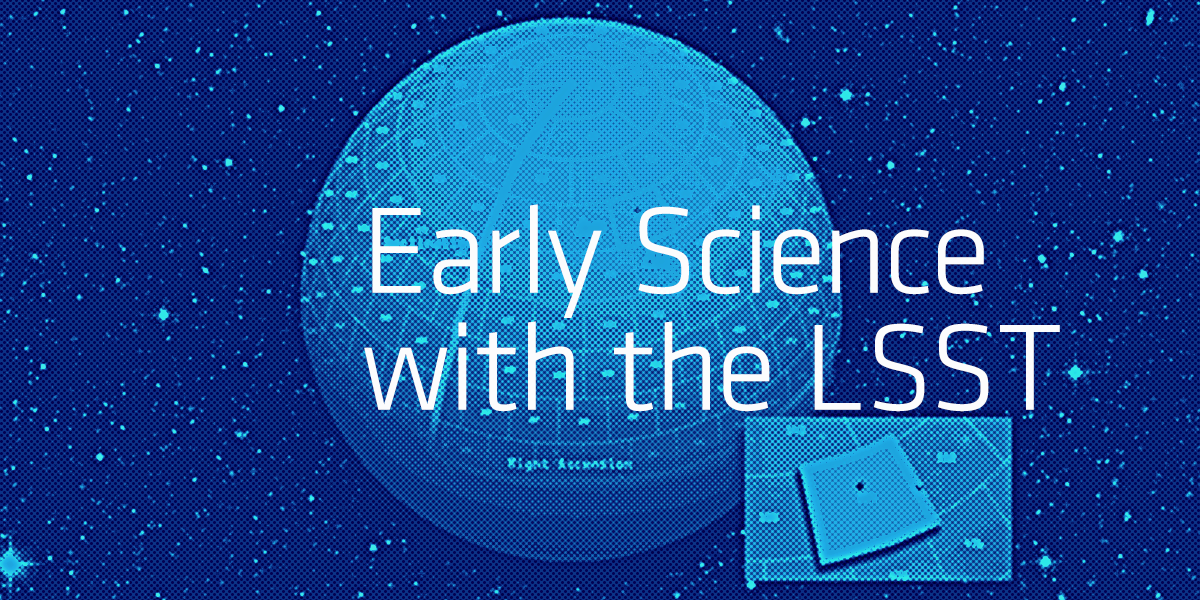Fellows Selected for Scialog: Early Science with the LSST

More than 50 early career researchers have been selected as Fellows for the first meeting of a Scialog initiative to advance the foundational science needed to realize the full potential of the Vera C. Rubin Observatory’s upcoming Legacy Survey of Space and Time (LSST).
In addition, 10 senior scientists have been chosen to serve as Facilitators to frame the large questions under consideration, and to evaluate proposals for seed funding to pursue novel, high-risk research that can best be explored in a collaborative, multidisciplinary way.
Scialog: Early Science with the LSST, set to begin in November 2024 and continue through 2026, is cosponsored by Research Corporation for Science Advancement and the Heising-Simons Foundation, with additional support from The Brinson Foundation and the Leinweber Foundation.
The first of three meetings in this series will be November 14 – 17, 2024, in Tucson, Arizona.
Click here for the list of Fellows and Facilitators who will be attending the 2024 Scialog: Early Science with the LSST meeting. More names will be added as they are confirmed for 2024’s meeting, and further opportunities for Fellows to join the initiative in subsequent years will become available.
This interdisciplinary community of Fellows represents institutions across the United States, Canada, and Chile (the Rubin Observatory’s host country) and includes early career observational astronomers, cosmologists, theoretical physicists and astrophysicists, computational modelers, data scientists, instrument developers, and software engineers.
Early Science with the LSST is RCSA’s third co-sponsorship with the Heising-Simons Foundation, following Time Domain Astrophysics, which began in 2015, and Signatures of Life in the Universe, which began in 2021.
Scialog, a program created by RCSA in 2010, is short for “science + dialog.” The goal of each Scialog series is to facilitate connections among scientists from a variety of disciplines and research areas so they can discuss challenges and bottlenecks to advancing fundamental science, build community around visionary goals, and develop ideas for innovative team projects.
RCSA's other Scialog initiatives include the first year of Sustainable Minerals, Metals, and Materials in September 2024, the third year of Molecular Basis of Cognition in October 2024, the first year of Neurobiology and Changing Ecosystems in March 2025, and the second year of Automating Chemical Laboratories in April 2025.
Fellow applications are being accepted for 2025 meetings but are on a space-available basis for RCSA’s remaining 2024 meetings. Please check each initiative's webpage for details.






